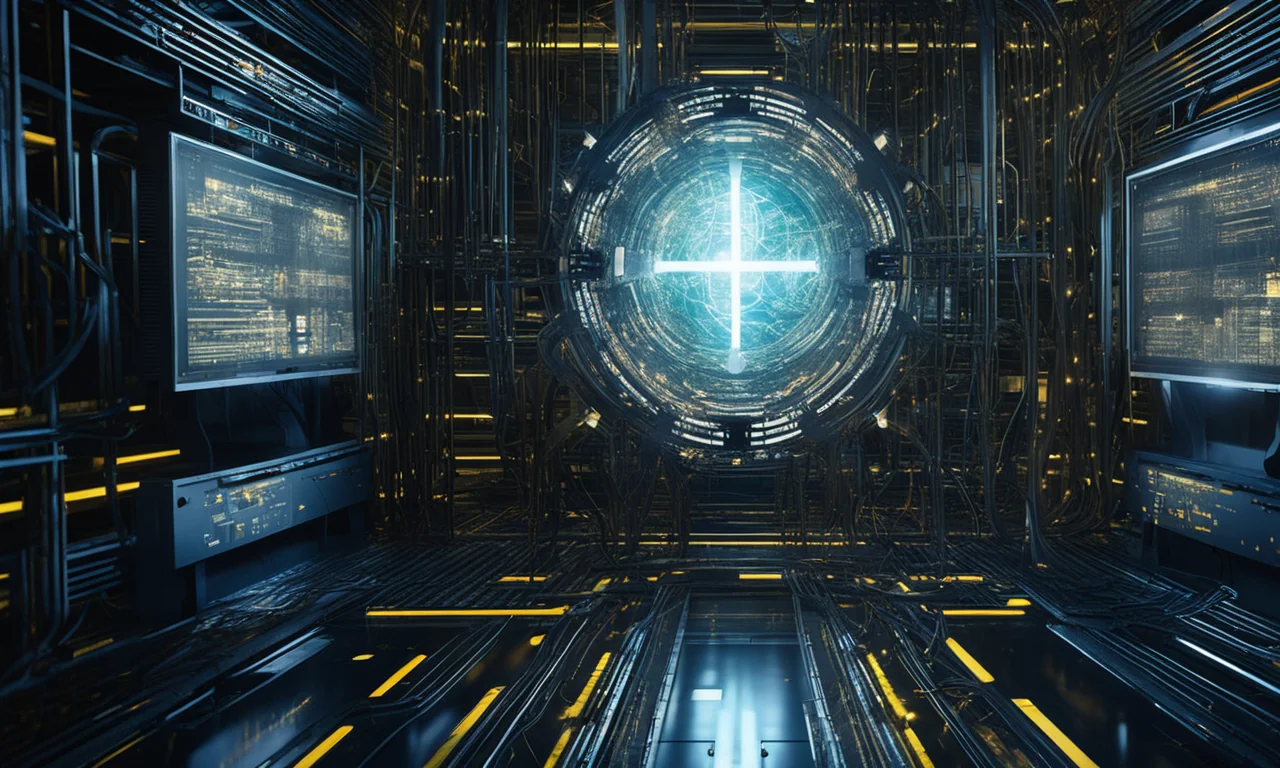
Qualcomm Acquisition and MIT Supercomputer Accelerate AI Transformation
The rapid expansion of AI infrastructure is reshaping job markets and intensifying ethical debates.
Today's Bluesky conversations on artificial intelligence underscore the accelerating pace of technological change, as well as the profound questions emerging about trust, ethics, and the real-world impact of AI systems. Community posts converge on three interlinked themes: the rapid expansion of AI infrastructure and job markets, ongoing debates about legal and ethical accountability, and a growing skepticism about AI's capacity for reliable judgment and creativity.
AI Expansion: Infrastructure and Jobs Redefined
Major industry movements are reshaping the AI landscape. The announcement that Qualcomm will acquire Arduino signals a significant push to accelerate edge computing and open-source hardware innovation for artificial intelligence, with implications for both developers and end users. On the institutional side, MIT Lincoln Laboratory has launched TX-GAIN, the most powerful AI supercomputer at any U.S. university, intensifying research in biodefense, cybersecurity, and generative AI.
The shifting job market is another focal point, with detailed projections of AI-driven change. The post outlining AI future jobs in 2025 anticipates the displacement of millions of roles, but also the creation of new ones centered on strategic human-machine collaboration and ethical oversight.
"Jobs requiring strategy, empathy, and creativity will grow, while repetitive tasks face automation."- @zonetechai.bsky.social (3 points)
This expansion is mirrored in creative domains as well, with posts like AI-powered livestream art performances demonstrating how artificial intelligence is fueling new forms of digital expression and entertainment.
Legal and Ethical Dilemmas: Trust and Accountability
AI's role in the legal field is under increasing scrutiny, with posts raising concerns about the reliability and consequences of using AI in high-stakes environments. The discussion about a Mississippi judge allegedly misusing AI in a legal opinion highlights fears of hallucinated facts, misquoted statutes, and fabricated declarations.
"It enjoined parties with no connection to the case, falsified statutory text, and fabricated record facts, including four declarations by people who have no connection to the case."- @dkluft.bsky.social (2 points)
Lawyers remain cautious about integrating AI, as seen in the candid reflections on AI adoption in the legal profession, where the risks of error and the need for a balanced approach are emphasized. Meanwhile, philosophical posts challenge the very language we use to describe these systems. The critique of “agentic AI” in automation versus responsibility calls for greater clarity, suggesting “replicant” is a more accurate descriptor when AI mimics judgment without accountability.
Even in critical areas like biological weapons verification, the limitations of AI are foregrounded. The analysis of AI's role in verifying the Biological Weapons Convention concludes that political will and human oversight remain indispensable.
Public Skepticism and the Limits of AI Judgment
Despite rapid advances, skepticism about AI's reliability is mounting. The viral post referencing Kurzgesagt's warning on trusting AI with facts epitomizes this caution, prompting viewers to question the veracity of AI-generated information. Humorous counterpoints, such as the “AI Haters” meme, remind us that confusion and scams remain public concerns, even as AI continues to evolve and surprise.
"AI will be confusing and cause a rise in scams!🤬"- @beaware.mementomori.social.ap.brid.gy (6 points)
Collectively, today's Bluesky discourse captures both the promise and the paradoxes of artificial intelligence: its power to reshape industries and inspire creativity, counterbalanced by persistent doubts about its judgment, ethics, and the human costs of automation.
Excellence through editorial scrutiny across all communities. - Tessa J. Grover